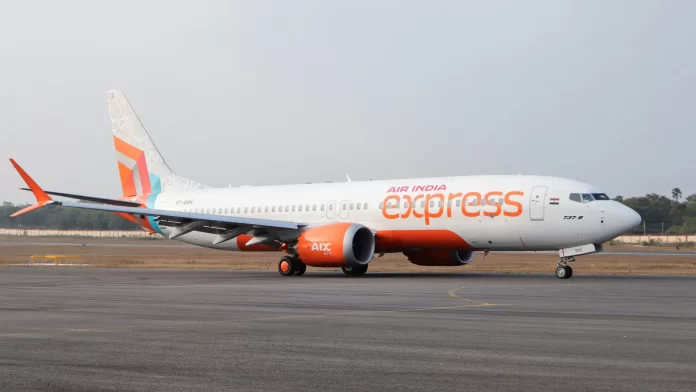Twenty-five crew members of Air India Express, owned by the Tata Group, were let go after they took a collective “sick leave” on Wednesday to protest the management of the low-cost domestic airline’s planned merger with AirAsia India. The company described the absence as “pre-meditated and concerted” and without “any justifiable reason.” In addition to operations being shortened, the protest resulted in the cancellation of at least 86 flights on Wednesday and 74 on Thursday.
The termination letters were sent late on Wednesday, according to people with knowledge of the situation. “It has been reported that you were rostered for a flight on 07.05.2024,” stated a letter of termination. But you reported sick at the last minute, telling the scheduling team that you weren’t feeling well.
It was mentioned that a large number of other members of the cabin crew also declared sick at or around the same time and failed to show up for work. This blatantly indicates a planned, coordinated absence from work without a valid excuse…The letter, a copy of which HT has seen, stated that “due to the aforementioned, a significant number of flights had to be cancelled, disrupting the entire schedule and causing tremendous inconvenience to the Company’s esteemed passengers.” “Your act has caused the Company serious financial loss, embarrassment, and severe reputational damage in addition to subverting the public interest.”
It claimed that filing a sick report amounted to a coordinated action with a shared agreement to disrupt the firm’s services and not operate the aircraft, which is against the law and company policy. According to the airline, it is against the terms of the job contract to report sick and not be available for sick leave. “The Company has made the decision to immediately terminate your employment as of this letter’s date.”
Due to staff shortages, Vistara, a joint venture between Tata Sons and Singapore Airlines, also had to cancel flights in April. Later, after pilots reported absenteeism in large numbers, it was obliged to reduce operations.
Beginning Tuesday night, some members of the Air Indian Express cabin crew abruptly reported absenteeism, which caused delays and cancellations of flights. In addition to resolving any disruption to customers, an Air India Express representative stated on Wednesday that the airline was speaking with crew to determine the causes of these incidents.
Aloke Singh, the CEO of Air India Express, stated in a letter to staff members that approximately 100 employees were involved in the strike, which had a “disproportionate” impact on more than 90 flights “even though other colleagues reported for duty.”
Singh insisted that the incident did not speak for the roughly 2,000 other members of the company’s cabin crew, who nonetheless proudly and devotedly serve clients and fulfil their duties. The company’s leadership was available for talks, he stressed.
More than 2,500 flights are conducted by Air India Express per week between 31 domestic and 14 international airports. Its fleet consists of more than 70 aircraft, mostly Airbus A320s and Boeing 737s. 327 of the airline’s 2,600 cabin crew members reported unwell on Wednesday, according to an airline official.
For the impacted flights, Air India Express provided reimbursements or a free reschedule to a different day.
A total of 327 senior cabin crew members reported unwell. A few hours before their flights, they turned off their phones and claimed to be sick. According to HT, the airline’s cabin crew has been protesting what they see to be mismanagement during the merger process, fearing for their employment.In southern India, there were significant cancellations at every airport. Up until 4 p.m., 14 flights in Delhi were cancelled.
The government claimed to have requested a report from the airline and requested that it swiftly address any problems while providing passengers with information. There was probably going to be further flight difficulties on Thursday. For the convenience of its passengers, the airline was supposed to reduce the number of departures, much like Vistara did.





























